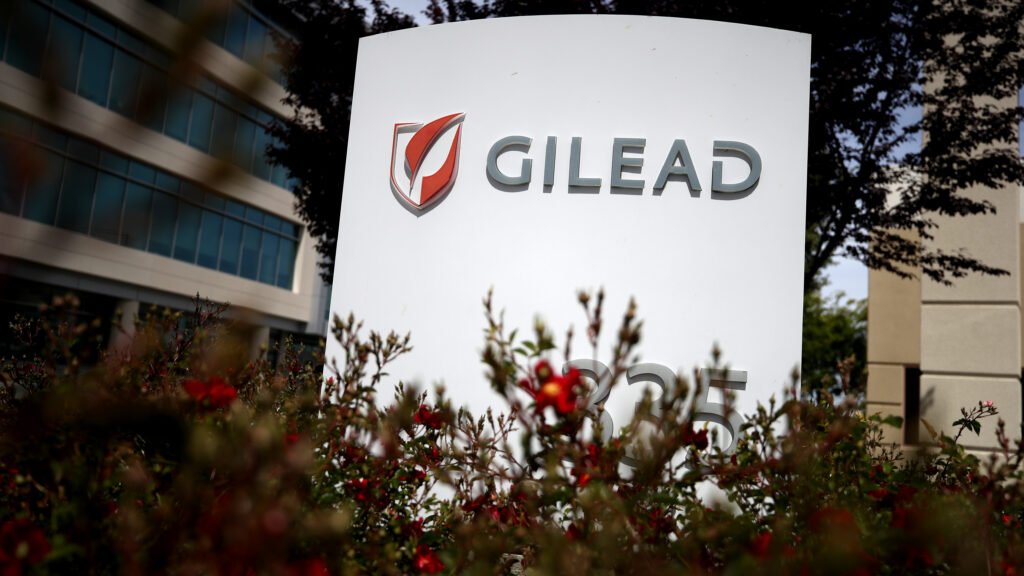Gilead Sciences has recently secured U.S. regulatory approval for its innovative HIV prevention drug, marking a significant milestone in the fight against the disease. However, the company now faces the challenge of ensuring that the medicine is accessible in low-income countries where HIV remains a major health concern.
Fortunately, Gilead has already taken steps to address this issue. Last October, the drugmaker entered into voluntary licensing agreements that will eventually make lenacapavir available in 120 predominantly low- and lower-middle-income countries. Additionally, the President’s Emergency Plan for AIDS Relief (PEPFAR) and the Global Fund to Fight AIDS, Tuberculosis, and Malaria have collaborated to provide dosing for 2 million people over the next three years in a number of impoverished nations.
These initiatives are crucial in expanding access to life-saving HIV prevention treatment in regions where the disease continues to pose a significant threat to public health. By making lenacapavir available in low-income countries, Gilead is taking a proactive approach to addressing the global HIV epidemic and ensuring that individuals in underserved communities have access to the care they need.
The company’s commitment to expanding access to lenacapavir reflects its dedication to improving health outcomes for individuals affected by HIV around the world. Through partnerships with organizations like PEPFAR and the Global Fund, Gilead is working to overcome barriers to access and ensure that no one is left behind in the fight against HIV/AIDS.
In conclusion, Gilead Sciences’ efforts to make lenacapavir available in low-income countries are a significant step forward in the global fight against HIV. By collaborating with key stakeholders and implementing innovative solutions, the company is helping to bridge the gap in access to HIV prevention treatment and improve health outcomes for vulnerable populations.


